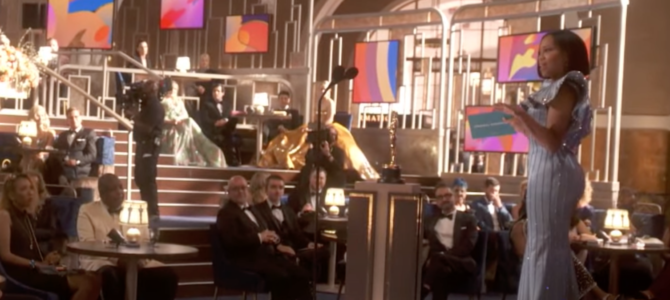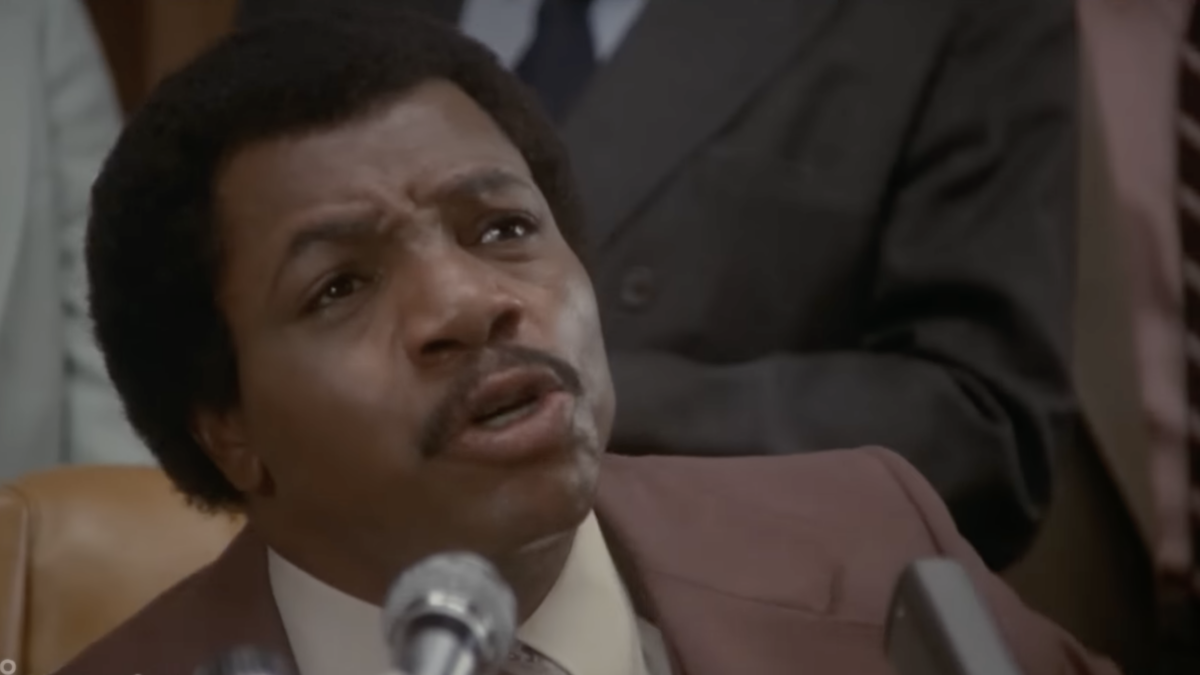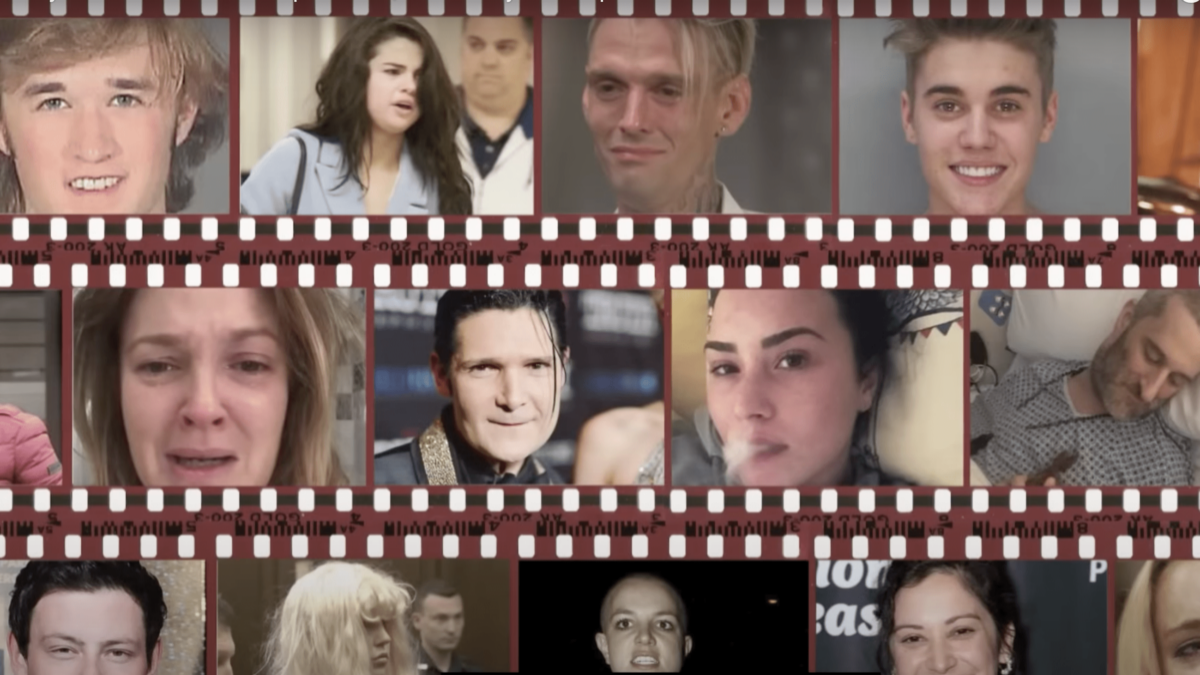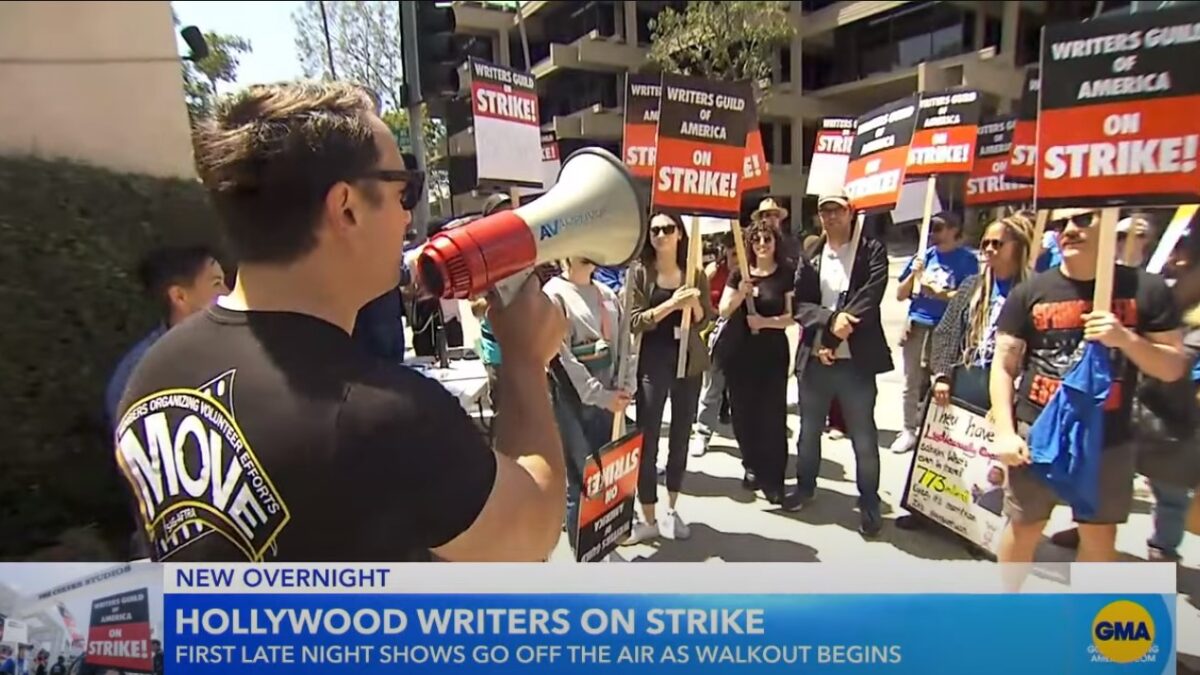
Reviewing the Academy Awards remains worthwhile mostly for the sake of explaining why it soon will not. That has more to do with niche-ifying media than politics, but the latter hasn’t helped.
Sunday’s affair, produced for the pandemic era by Steven Soderbergh, captured Hollywood basking in daylight rather than the dim but familiar elegance of the dark Dolby Theater. It was brighter and smaller, hipper and maybe sleeker, gathering a small group of nominees in Los Angeles’s historic Union Station.
The ceremony looked like a self-serious Hamptons brunch; oddly casual, but with no additional accessibility or heightened immediacy. Julia Roberts’ Lancome commercial had more Hollywood intrigue than the entire broadcast. California daylight washed away the mystique. What was left of it, at least.
Twenty years ago, “Gladiator” walked away with a Best Picture win. Soderbergh won Best Director for “Traffic.” Just ten years ago, James Franco and Anne Hathaway produced, perhaps, one of the last true watercooler moments as spectacularly clumsy co-hosts. One year later, “The Artist” won Best Director.
A decade later and the Oscars are host-less for fear of controversy. Netflix went from transgressive to dominant in the blink of an eye. Influencers are eclipsing movie stars. “Gladiator 3: Electric Boogaloo” would be more original than most of the big-budget films coming out of Hollywood, where America’s great artists are governed by intense risk aversion.
Like “The Artist,” “Parasite” is a fantastic movie. I thought “Nomadland” was the best film of the year. It won Best Picture bringing the amazing real-life American nomads to our cultural center stage. But they’re no “Gladiator,” or “Braveheart,” or “Dances with Wolves,” sweeping films that captivate the nation. (See the results of this Daily Wire survey.)
The Oscars broadcast is en route to consciously serving just another elite progressive niche, like “The Late Show” under Stephen Colbert or The New York Times. Hollywood is working through those growing pains, trying to boost ratings while permitting and encouraging divisive politics and honoring niche cinema. They might be wise to just fast forward.
Then, lines in acceptance speeches like Daniel Kaluuya’s note about how the Black Panther Party “showed me how to love myself,” won’t make the business guys wince. Regina King opened the show by conceding, “I know many of you want to reach for your remotes when you feel Hollywood is preaching to you.” But,” she continued, “as the mother of a black son, I know the fear that so many live with, and no amount of fame or fortune changes that.”
https://www.youtube.com/watch?v=l_frEU8LYxM
In short, they get it, they just don’t care. As the splintering entertainment landscape renders mass media less dependent on appealing broadly to “the masses,” King’s position will be just fine. Inevitably, of course, that will mean juggernauts like the Oscars will draw fewer eyeballs and make less money, just like the movies they honor. It will also mean they can get more political.
That’s probably not good for our culture, which is already struggling to find shared values, let alone shared entertainment—and the shared language and touchstones those shared entertainment options bring.
Like much of modern American mass media, the Oscars are hobbling towards their centennial. Their arc will look, well, like an arc. Ratings have declined steadily. Soderbergh’s best bet at reversing the trend would be by taking cultural and financial risks behind the camera long before the nominees are ever announced.
We share enough values to enjoy the Super Bowl, watch “Tiger King,” and imbibe “Friends” like it’s 1997. Hollywood can tap into that before it’s gone. But the industry doesn’t know how.
Upon releasing a 2019 report that found “economic growth is now more driven by finance than innovation in the production of real assets,” Sen. Marco Rubio, R-Florida, said, “At its core, the problem is that, beginning in the 1970s, the primary objective for companies became maximizing return to shareholders, and that came at the expense of investing in new capacities and in innovation.”
Hollywood illustrates the cultural ills that can come with such stagnated innovation, intensified by the creative destruction of streaming’s rapid takeover. But traditions needn’t modernize to recapture mass appeal. The pomp and circumstance should be a familiar novelty.
Next year, the Oscars will return to the Dolby. Business as usual will return as well, so we’re told. Social media will still steal the mystique from nominated celebrities, who we now see every day dressed up and dressed down. The death of multiplexes and power of streaming will steal mystique too.
You could feel the anxiety in Frances McDormand’s plea for people to get back to big-screen theaters en masse after the pandemic. Still, in 12 months, Hollywood will likely be no better at navigating these challenges while generating better art. And we’ll all be worse off for it.









